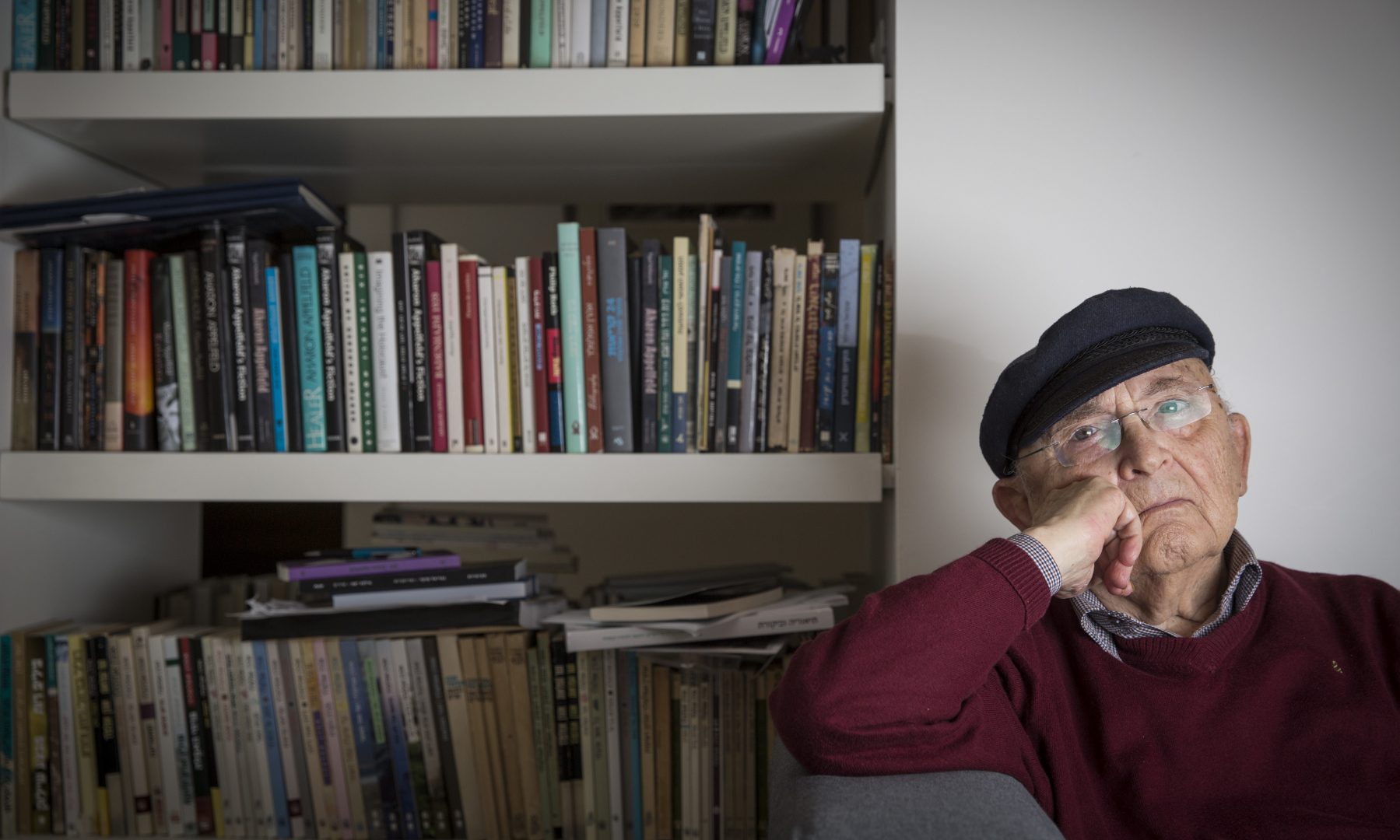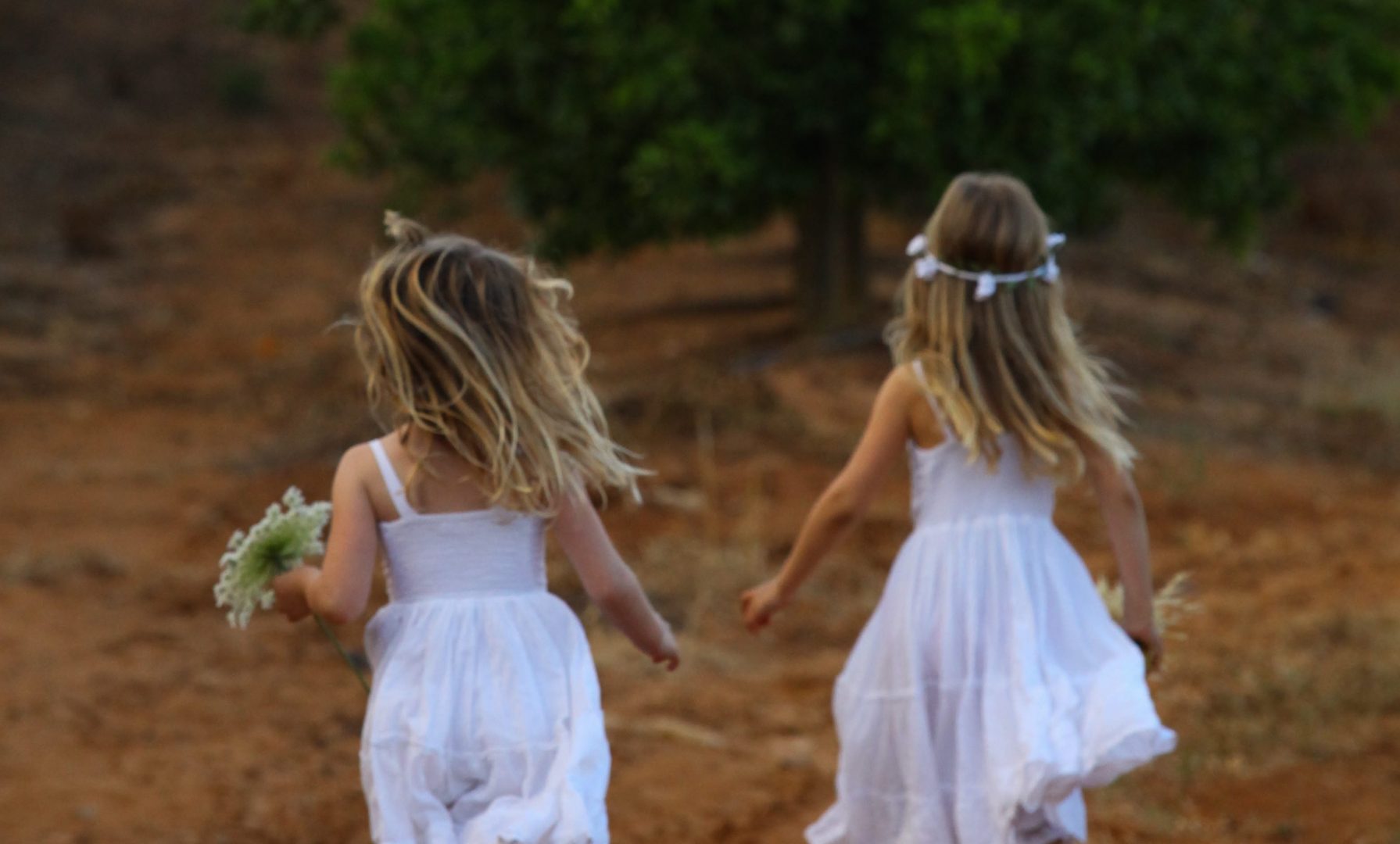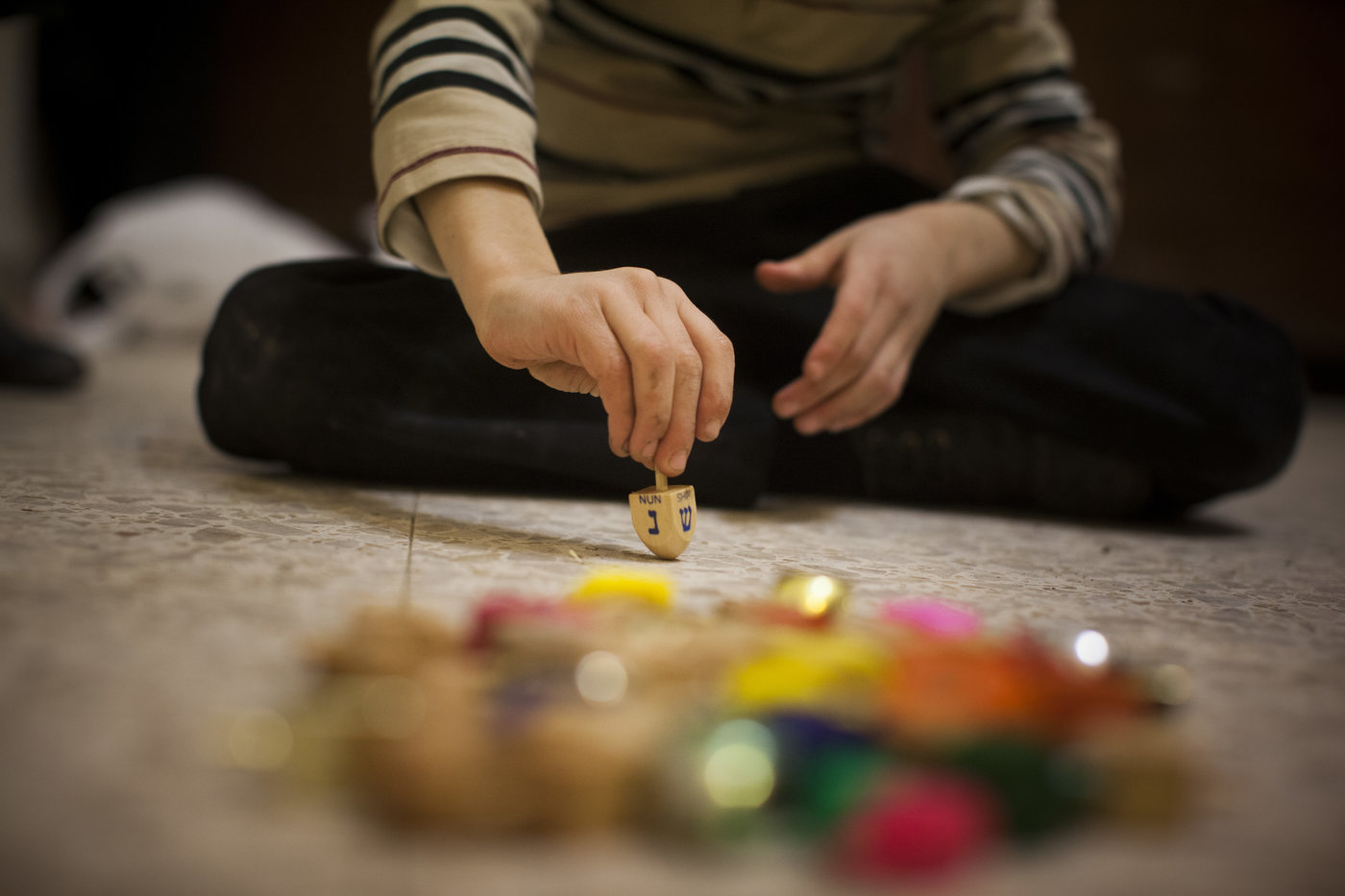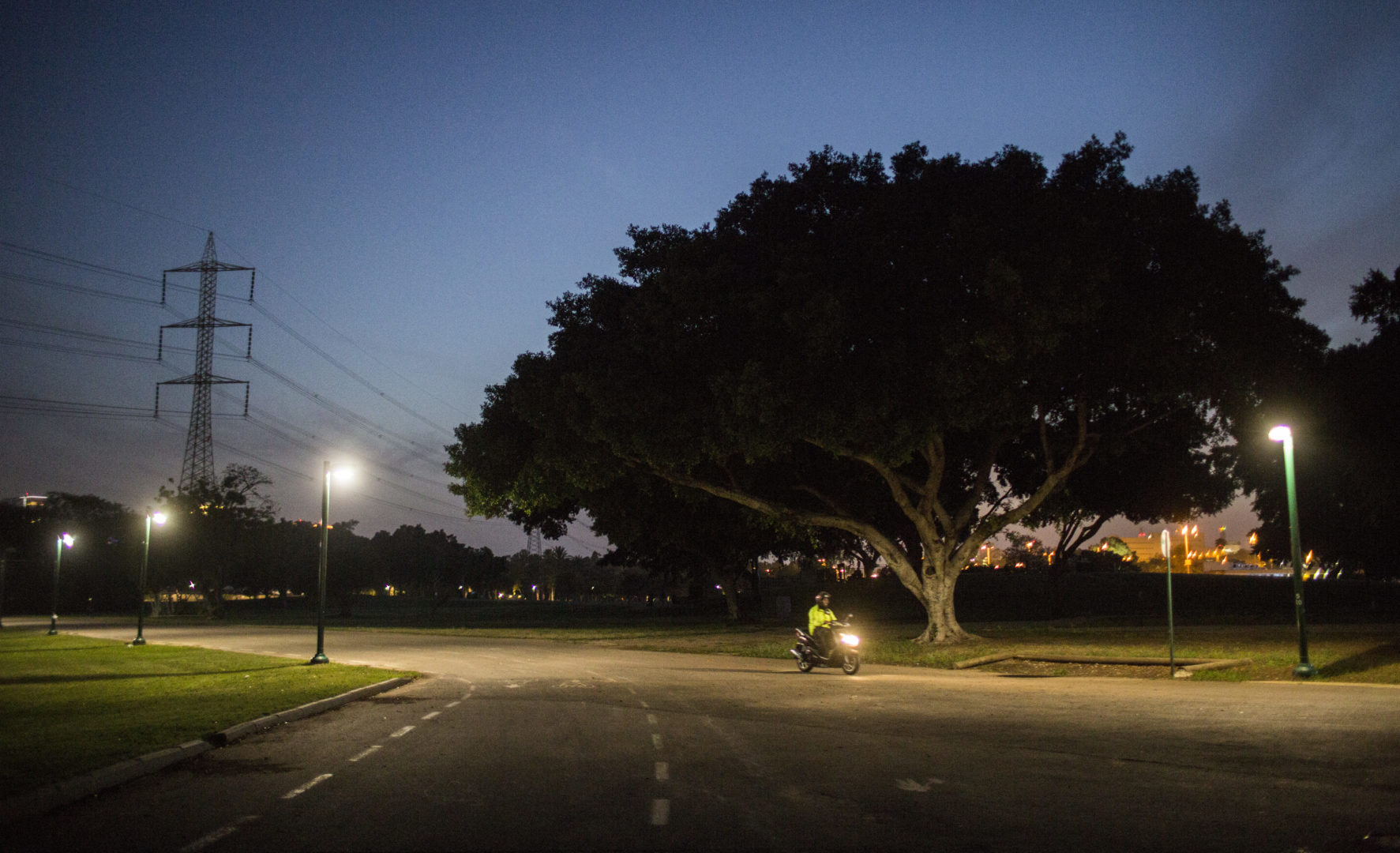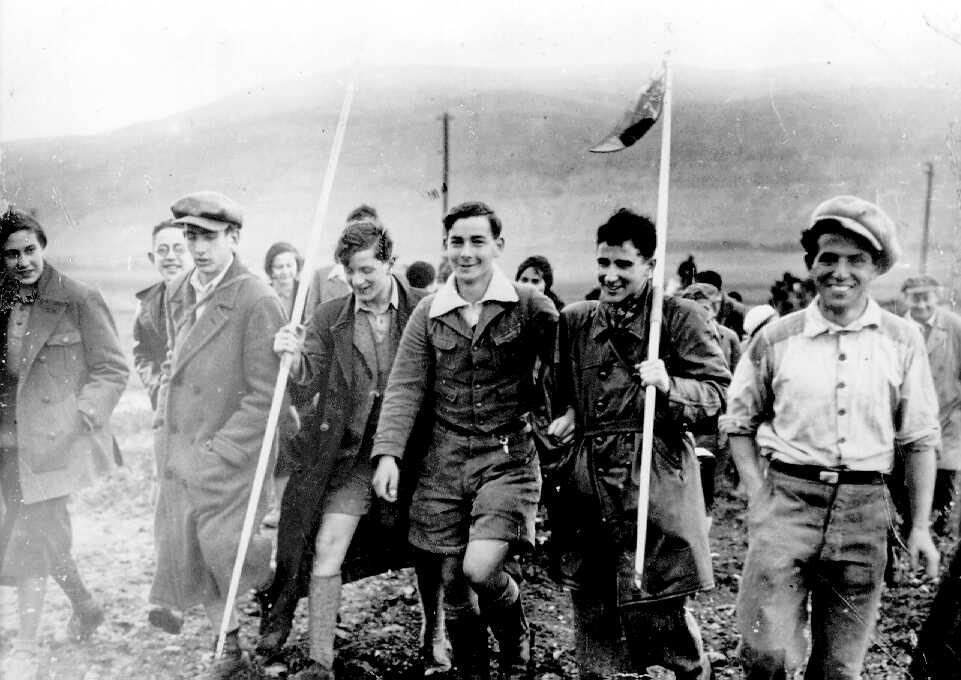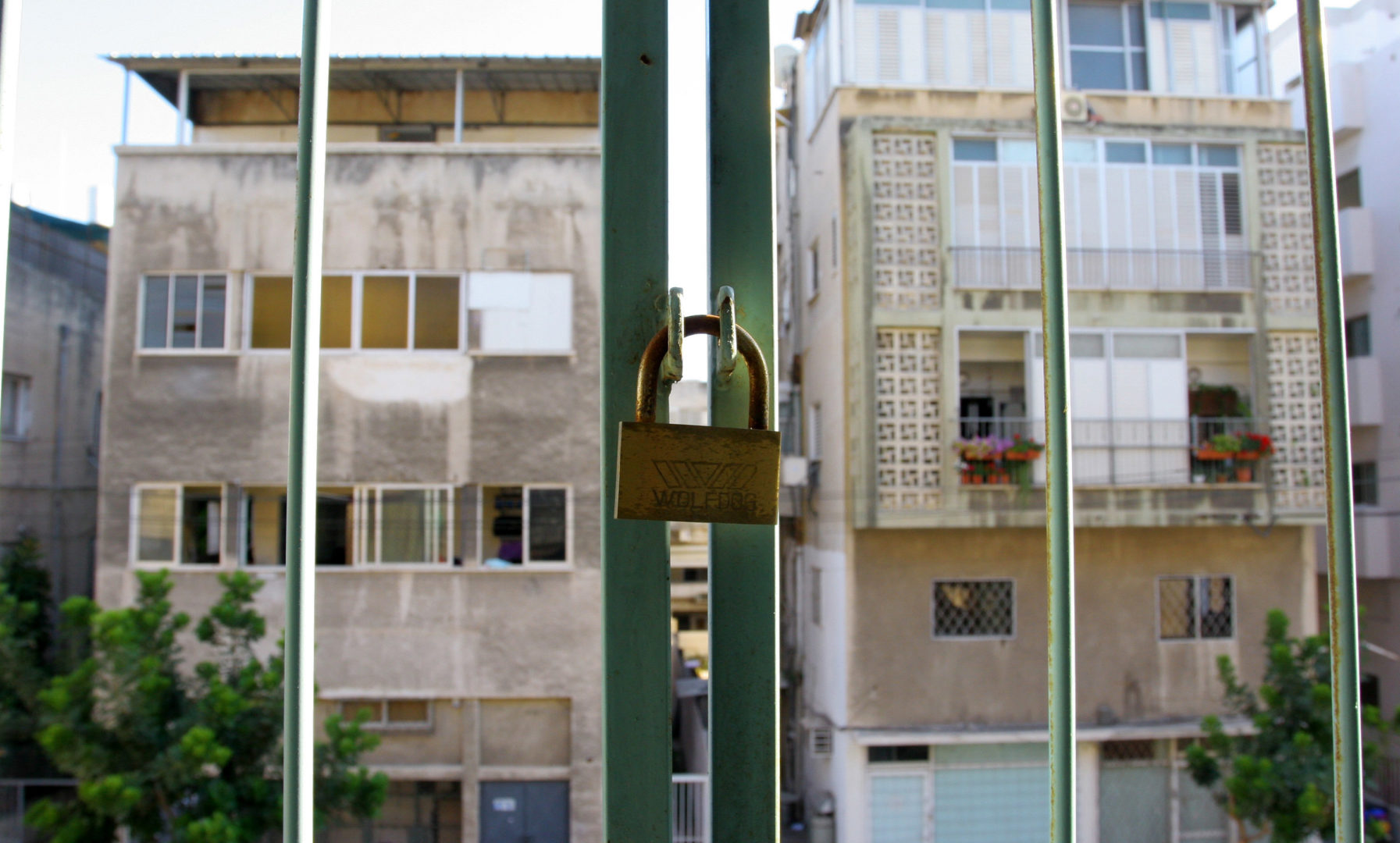Israel in Translation
Tale of Two Friends: “Bliss” by Ronit Matalon
Ronit Matalon’s “Bliss: A Novel” uses flashbacks to tell the story of Sarah, a politically active photographer, and Ofra, a selfless graduate student.
Read MoreAn Infusion of Religious, Secular, and Sensual Registers: Poems by Esther Ettinger
We end 2017 with an infusion of religious, secular, biblical, and sensual registers and sensibilities as we enter the poetic world of Esther Ettinger.
Read MoreThe Woman from Nazareth: Dan Banaya-Seri’s “Birds of the Shade”
A story about a simple Jewish man who uses his minimal understanding of Christmas to try to make sense of his marital obligations.
Read MoreA Hanukkah Story: Etgar Keret’s “Childish Things”
In honor of the beginning of Hanukkah, we read Etgar Keret’s story “Childish Things”, which takes place during the holiday.
Read MoreLife is a Dance: “The Dancer” by Yehudit Hendel
In Yehudit Hendel’s story “The Dancer”, the narrator talks about life, death, and God with a barefoot man dancing in a park.
Read MoreIn Transit: Poems by Tuvia Ruebner
Slovak-born Tuvia Ruebner was awarded the Israel Prize in 2008 and Germany’s Konrad Adenauer Literature Prize in 2012. In Hebrew, he is the author of fifteen volumes of poetry, two photograph albums, and a monograph on the poetry of his close friend, writer-scholar Lea Goldberg, as well as other literary criticism and translations.
Read MoreImmigration Anxiety: Tamar Merin’s “What Are You Looking At?”
Writer, critic, and literary scholar Tamar Merin’s story “What Are You Looking At?” explores the anxiety of immigration from the perspective of a mother taking her son for ice cream.
Read MoreBetween Legend and Reality: the Poems of Sharon Hass
“About the Night” by Anat Talshir explores what happens to the relationship of a Christian Arab and an Israeli Jew when Jerusalem is portioned.
Read MoreNext Door Neighbor: Eshkol Nevo’s “Three Floors Up”
Eshkol Nevo’s newest novel “Three Floors Up” examines a society in crisis, through the turmoils, secrets, unreliable confessions, and problematic decisions of the building’s residents.
Read More
